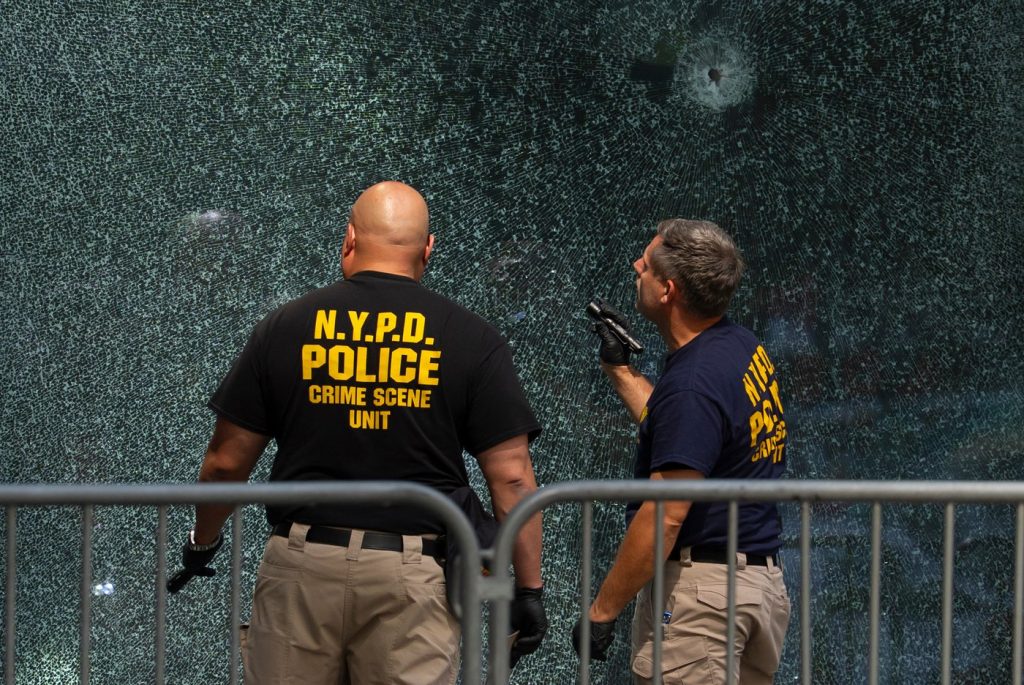Shane Tamura, a former high school football player, was diagnosed with low-stage chronic traumatic encephalopathy (CTE), a degenerative brain disease often linked to head trauma from contact sports. This diagnosis was confirmed by the New York City medical examiner following a tragic incident on July 28, 2025, in which Tamura opened fire inside a Manhattan office tower that houses the National Football League (NFL) headquarters, resulting in the deaths of four individuals, including a police officer and a security guard.
According to reports, Tamura targeted the NFL, expressing grievances that the league was prioritizing profits over player safety and inadequately disclosing the risks associated with CTE. Notably, while he did not play professional football, Tamura had played football during his high school years in Southern California. He believed he suffered from CTE, which is typically diagnosed posthumously, and left a note urging others to "Study my brain."
The notes revealed his deep frustrations regarding the NFL's handling of brain injuries and player safety. Tamura's actions led to a significant outcry, and the NFL issued a statement condemning the violence and emphasizing that there is no justification for such acts. The league also acknowledged the evolving science surrounding CTE, a condition affecting brain regions related to emotion and behavior regulation, which has been linked to concussions and head trauma.
While the NFL has been scrutinized for its safety protocols, the organization conceded a link between football and CTE in a 2016 testimony before Congress and has since paid over $1.4 billion to settle various concussion-related claims made by retired players. Tamura's case underscores the ongoing concerns about mental health in individuals with a history of head injuries. Officials noted that he had experienced mental health crises, including two hospitalizations in recent years, with incidents of suicidal threats and severe depression.
In one instance, a 911 call revealed Tamura’s mother reported her son's mental health struggles, which included symptoms associated with concussions, chronic migraines, and insomnia. The following year, he faced a minor legal challenge after being charged with misdemeanor trespassing when he became agitated at a Las Vegas casino. However, this charge was dismissed by prosecutors.
The medical examiner's report failed to determine a specific cause of Tamura's CTE but highlighted the condition is often found in individuals who have experienced repeated head trauma. Experts, like Dr. Daniel Daneshvar, chief of brain injury rehabilitation at Harvard University, remarked that even a low-stage CTE diagnosis could potentially lead to behavioral alterations and issues with impulse control. However, he cautioned against directly attributing Tamura's violent actions solely to his diagnosis, stating that understanding the processes responsible for such behavior remains complex.
Ultimately, Tamura’s tragic shooting incident serves as a poignant reminder of the ongoing debates surrounding player safety in contact sports, particularly football, and the profound implications of CTE on mental health. The incident elicited a broader conversation about the responsibilities of professional sports leagues, mental health awareness, and the necessity for continued research into the long-term effects of concussions and repeated head trauma.












